On Sunday, Prime Minister Justin Trudeau made an announcement.
On September 20, just 36 days away, Canada will be having a federal election.
As you might remember, the country elected him prime minister for the second time less than two years ago. And if you're thinking, Gosh, that's awfully soon to be doing this all again, you're right! In Canada, a federal election is supposed to happen every fourth October (or four years after the previous election). But a prime minister does have the right to call an election at any time.
In his press conference announcing the election, Trudeau said that this was about giving Canadians the chance to have a say on who would lead Canada out of the pandemic.
"In this pivotal, consequential moment, who wouldn't want a say?" he said on Sunday. "Who wouldn't want their chance to help decide where our country goes from here?"
Fair point. But why would Trudeau do this right now when he could stay in power for another two years? The reason goes back to how the previous election was won.
Minority woes
Bloc Québécois leader Yves-Francois Blanchet had a big hand in reducing Trudeau's power in the last election. (Getty Embed)
As we reported here, Trudeau and his Liberal Party only won a minority government in 2019. On one hand, they won the most 'seats'—or positions in government for their Members of Parliament—of all of the parties. But their total number of seats were less than the combined totals of their opponents. This is how the totals broke down:
- Liberals: 155
- Conservative Party: 119
- Bloc Québécois: 32
- New Democratic Party: 24
- Green Party: 2
- Independent candidates: 5
Grab a calculator and you'll see that the other parties have 182 seats between them—way more than the Liberals' 155. That means that if those other parties ever wanted to, they could come together at any time and vote the Liberals out of power, forcing another election.
So why haven't they? Because some of them kind of like things as they are.
Minority rights
Jagmeet Singh and the NDP had a strong advantage in the current minority government. (Getty Embed)
To stay in power, Liberals need the help and support of other parties. They need to work closely with at least some of their opponents. In the case of one party in particular—the New Democrats, or NDP—this has been a big advantage.
Though they didn't have many seats—just 24—if you added their total to the Liberals, it gave Trudeau majority-type power to govern. And in exchange for that ability, the NDP has been able to make demands of Trudeau. The Bloc Québécois has been able to do similar things.
Majority return?
As you can see, the minority government gave these smaller parties a lot of power. Great for them, but not so pleasant for Trudeau and the Liberals. They would have preferred it the way it was after their first win in 2015, when they walked away with a strong majority of 184 seats.
Now, with Canada slowly recovering from the pandemic and his party receiving strong approval across the country, he likely thinks it is the right time to bet that he can get that majority back.
The competition
Erin O'Toole is a new leader who is working hard to reach out to Canadians. (Getty Embed)
All of the leaders of the other four parties have called Trudeau's election a 'power grab', meaning that they believe that he is only doing this to get a majority back. But are any of them ready to take back power for themselves?
The Liberals' biggest rival—the Conservatives—are in the process of trying to rebuild with a new leader, Erin O'Toole. A lot of people favour his party, but he is unproven on the national stage, so it is a bit of mystery as to how he'll perform.
Jagmeet Singh, the leader of the NDP, has used his position in the minority government to be extremely vocal about social justice issues and the importance of benefits during COVID. More people know him and what he's about than they did two years ago. But will it be enough to greatly improve their seats?
Green Party leader Annamie Paul. (Getty Embed)
The Bloc Québécois had a very successful 2019 election, and party leader Yves-Francois Blanchet will aim to win even more seats than he did then—though as their name explains, they only run in Quebec. Meanwhile, the Green Party is experiencing internal disagreement over their new leader, Annamie Paul, and may find the timing of this election poor.
Trudeau's big gamble
In other words, none of Trudeau's opponents is looking too powerful right now. It feels like the right time for him to make his move.
But that's the funny thing about politics. Just like a sports event, there are always heavy favourites and underdogs. And though we usually know how that all ends, every once in a while, we get a big surprise.
The good news—it won't be long before we find out the result!
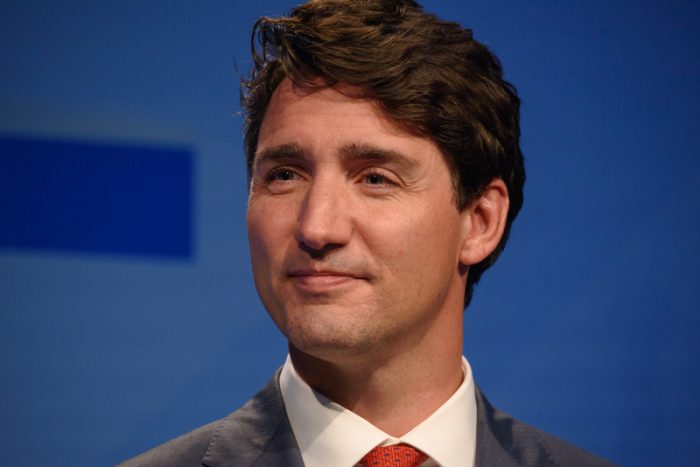 Trudeau says that Canada is going back to the ballot box sooner than expected. (ID 121335703 © Gints Ivuskans | Dreamstime.com)
Trudeau says that Canada is going back to the ballot box sooner than expected. (ID 121335703 © Gints Ivuskans | Dreamstime.com)

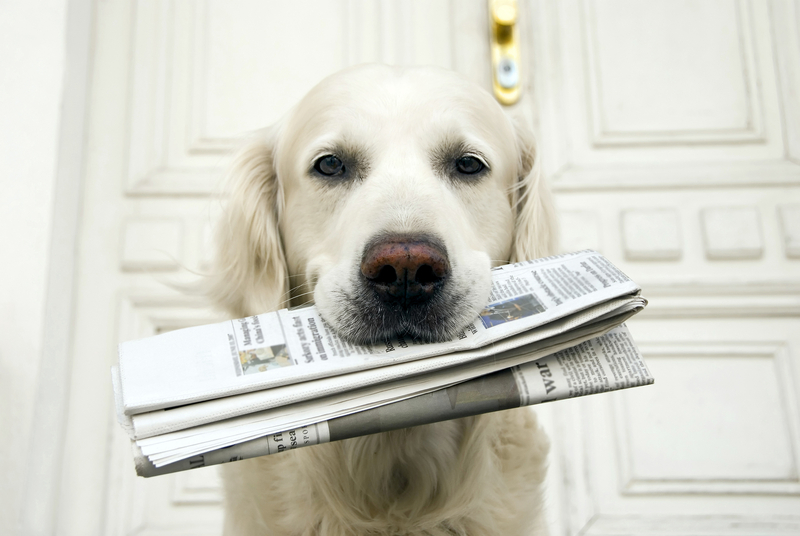
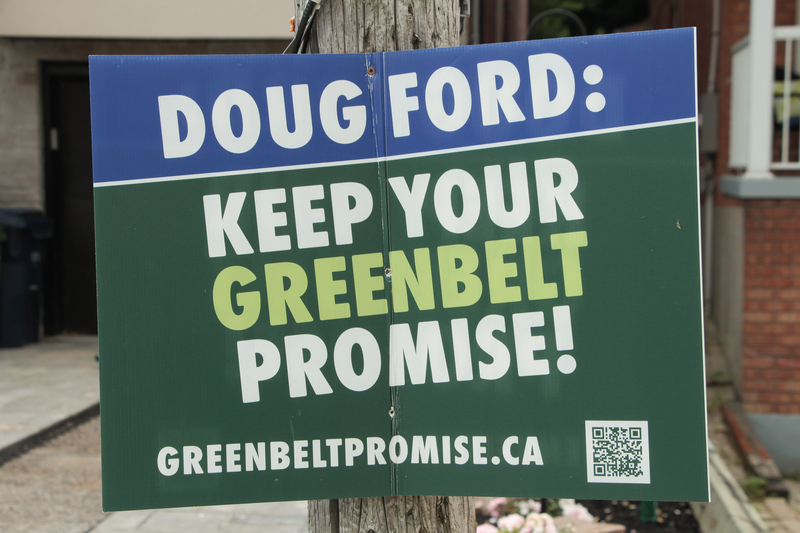
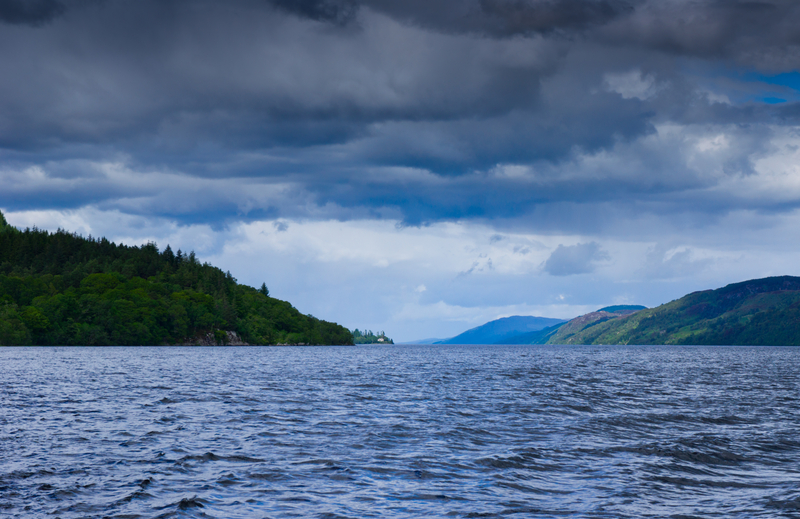
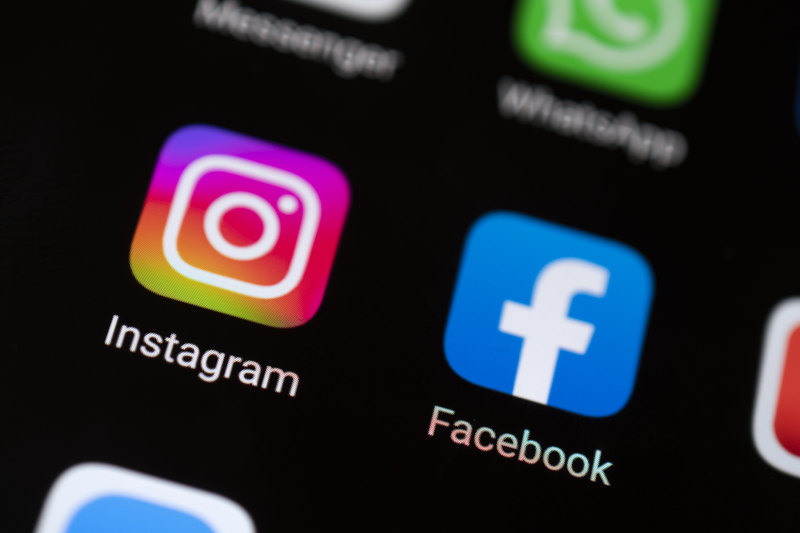
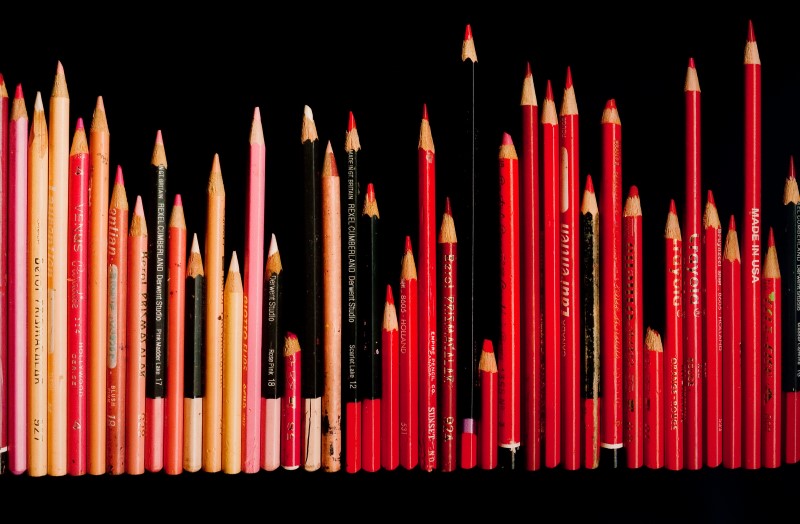
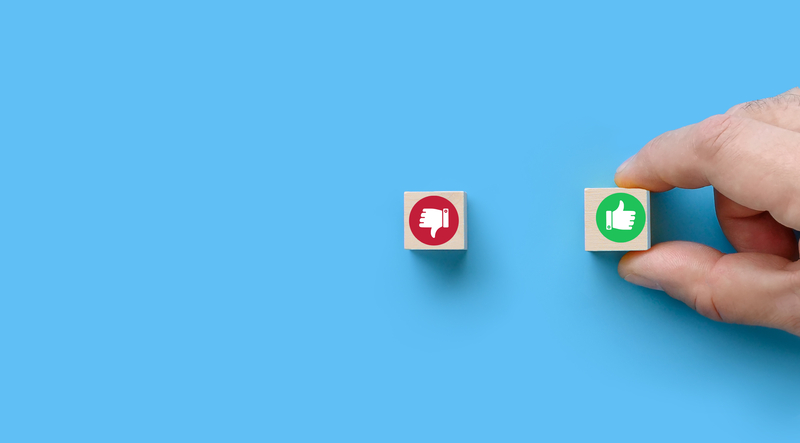
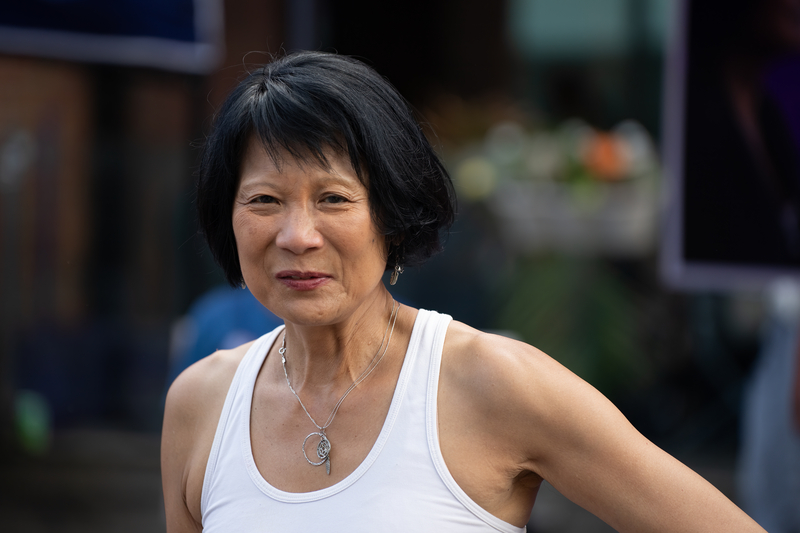
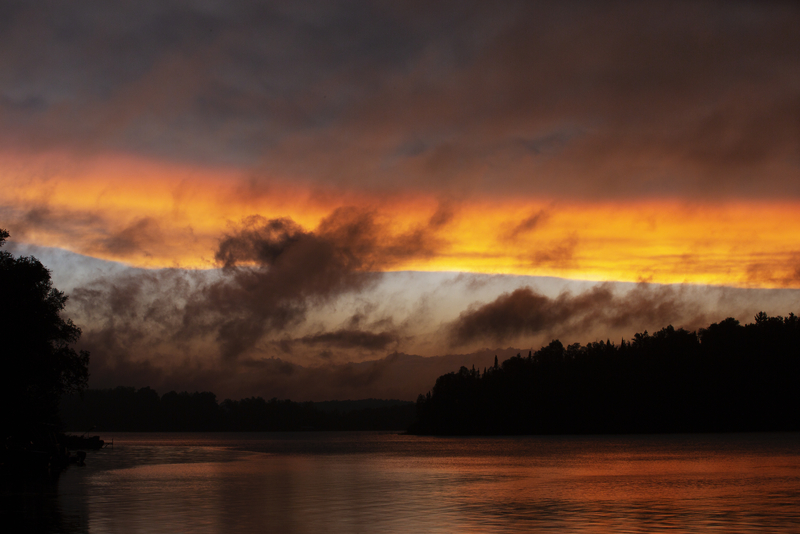
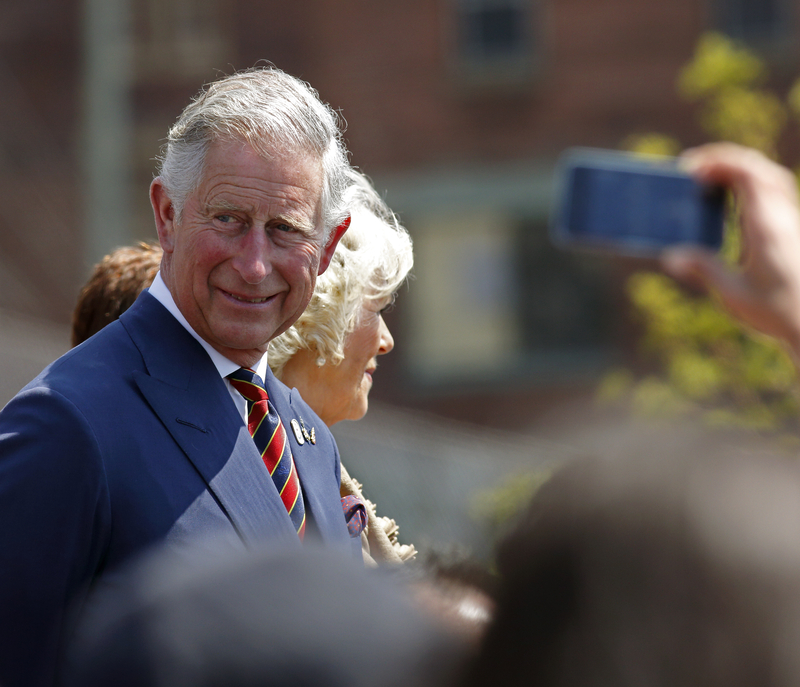
Pretty selfish of Trudeau to call an early election when we’re still reeling from covid.
I guess that’s true, but Canadians can actually have a vote and choose who they want to help them cope after the pandemic. Although it is quite strategic for the Liberals because their adversaries are not ready and haven’t had the chance to prepare at ALL.